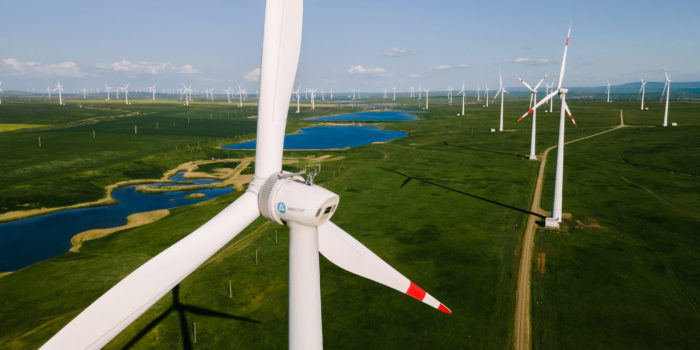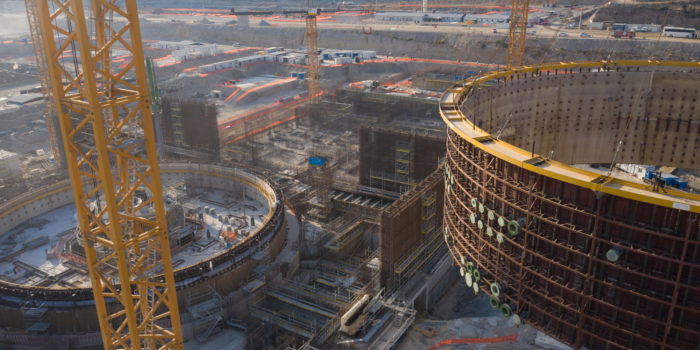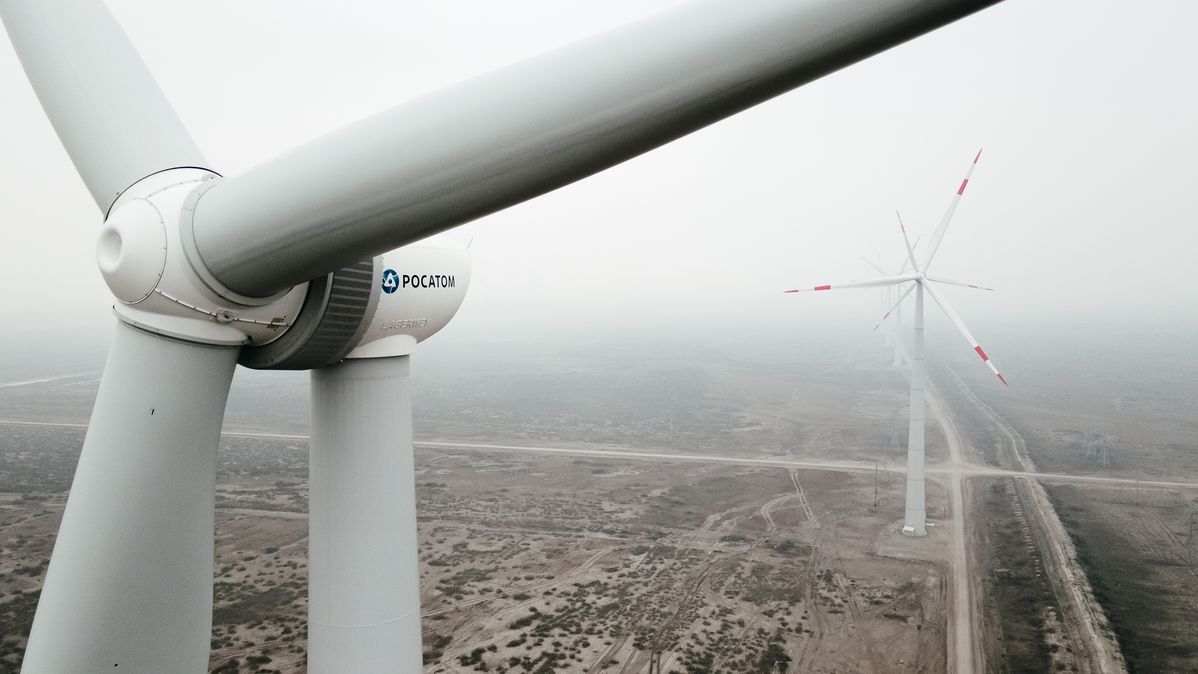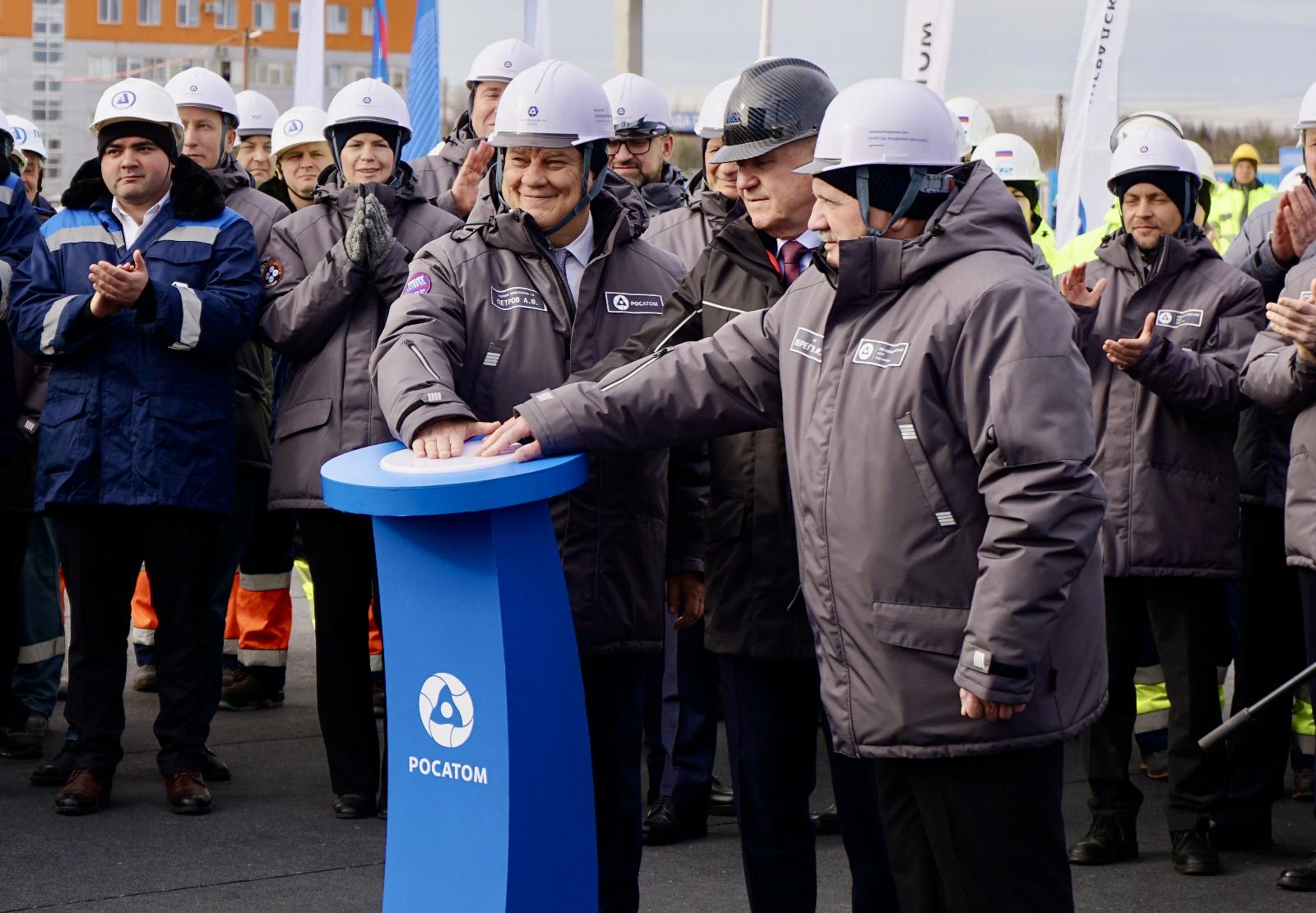On 19 of June, Vladimir Panov, the Special Representative for the Arctic Development of Rosatom, participated in “The Northern Sea Route: Economy of Discoveries” session at the XXVIII St. Petersburg International Economic Forum (SPIEF-2025).
The session was also attended by Sergei Vakhrukov; the Head of the Presidential Directorate for National Maritime Policy; Igor Levitin, the Advisor to the President of Russia and Special Representative for International Cooperation on Transport; Alexei Chekunov, the Minister for the Development of the Far East and Arctic; and representatives fr om business and scientific organizations from Japan, Denmark, China, India, and the United Arab Emirates.
At present, Russia is being engaged in the task of developing the Trans-Arctic transport corridor which is a strategically significant transportation route connecting Europe and Asia. This includes not only the Northern Sea Route within its legal boundaries, but also the development of infrastructure in western and eastern Russia — from Kaliningrad and St. Petersburg to Vladivostok. The importance placed on the development of maritime economic activities and safety of navigation guarantees the national transport sovereignty and our readiness to provide a reliable logistics route to our foreign partners. The growing international interest in the Arctic is evident. This is also seen in the intergovernmental formats: the working group with India and the sub-commission with China offer additional opportunities to intensify cargo shipping and increase the importance of the Trans-Arctic route in the global logistics.
"The development of the Arctic,
the transport corridor must be based on the economy. The Arctic economy
consists of four components: the first is mining projects, the second is
energy, the third is logistics, and the fourth is international cooperation.
Our mining projects are also based on the NSR logistics. We employ the most recent technologies in these projects. Our partners in the West and East are aware of our progress. The number of the issued NSR navigation permits increased by 10 % reaching 280 this year compared to the previous one,” said Vladimir Panov, the Special Representative for the Arctic Development at Rosatom.
The Northern Sea Route (NSR) is the
shortest shipping route that connects the western part of Eurasia with the
Asia-Pacific region. The NSR is historically a national transportation artery
of Russia. The first mention of the Northern Sea Route dates back to 1525, when
the Russian envoy Dmitry Gerasimov suggested the idea of using the route for
maritime trade between Russia and China. This marked the beginning of the
history of the Russian Northern Sea Route the 500th anniversary of
which is celebrated in 2025.
In 2024, the Rosatom State Corporation, together with interested federal executive bodies, formed a new federal project - "Development of the Great Northern Sea Route". It provides for the creation of a single economic, transport and logistics space, from Russian ports of the Baltic Sea to Primorsky Krai (internal sea waters, territorial sea and adjacent land territories of the Russian Federation). The result of the implementation of the concept of the "Great Northern Sea Route" should be the creation of a trans-Arctic transport corridor, ensuring the connectivity of the territories of the North-West and the Far East.
In 2024, Rosatom signed an agreement
with one of the Chinese logistics companies to organize a year-round container
line between the ports of the Russian Federation and China using the NSR
waters. A joint venture was created for these purposes. It is planned to
develop cooperation in the delivery of goods from the ports of China to the
ports of St. Petersburg, Arkhangelsk and Murmansk.
Russia is the only country in the
world to possess a nuclear icebreaker fleet which currently comprises eight
nuclear icebreakers. The fleet is operated by Atomflot, a company of Rosatom.
The
St. Petersburg International Economic Forum (SPIEF) is
one of the most significant economic events in the CIS region. The event
is organized by the Roscongress Foundation and has been held annually since
1997. SPIEF has established itself as a key global platform wh ere
practical discussions on contemporary economic challenges facing Russia,
emerging markets, and the world take place. The forum facilitates the
adoption of practical solutions, the launch of large-scale innovative projects,
and the shaping of new approaches to adapting the global economy to modern
conditions. In 2024, the forum hosted over 21,800 participants from 139
countries, and the total value of agreements signed exceeded 6.49 trillion
rubles. The main theme of SPIEF 2025 is “Shared Values – the Basis for
Growth in a Multipolar World.” The program includes more than 150 events
in various formats, including plenary sessions, strategic discussions, debates,
and business breakfasts. The guest country of the forum this year is the
Kingdom of Bahrain.





